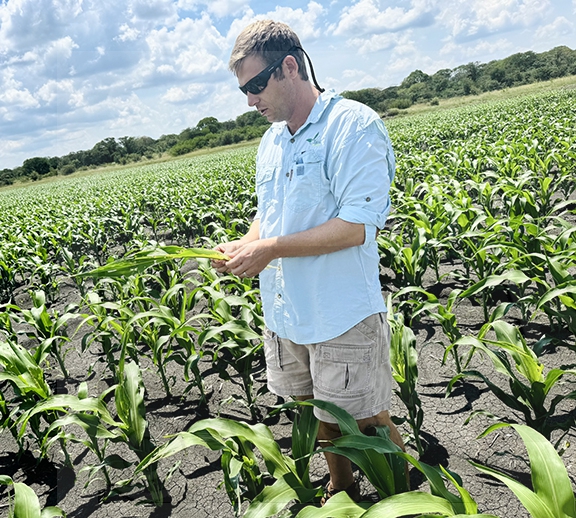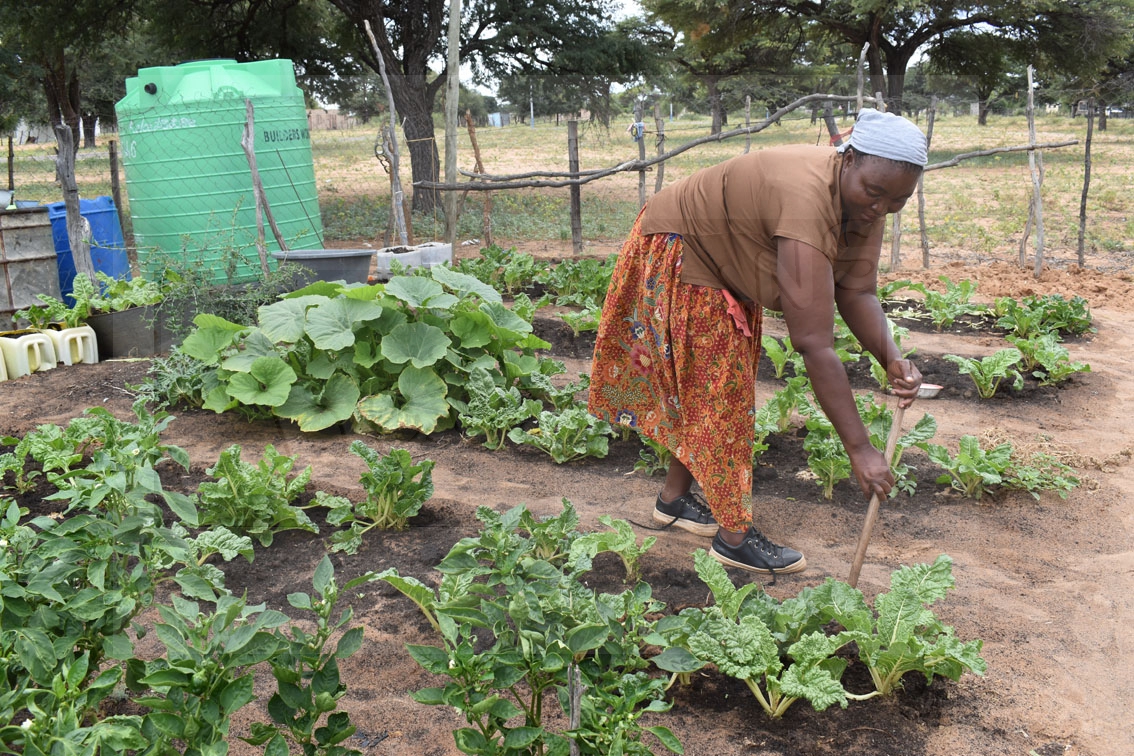Community tourism crucial
24 Jun 2025
It is important to transition from traditional tourism models toward community based, low impact and regenerative tourism in order protect the Okavango Delta for future generations.
Giving a key note address during the Okavango is Calling expo held at Tsutsubega settlement on Saturday, Professor Jospeh Mbaiwa from Okavango Research Institute (ORI) said tourism must benefit local people not just through jobs but through ownership, training and decision making.
He said communities living around the delta must be partners not spectators in the tourism economy. The ORI academic was of the view that community based tourism initiatives could provide economic opportunities while promoting responsible tourism practices and awareness about the value of the delta.
“We want to see local communities owning lodges, campsites and being ambassadors of delta. Currently right in the heart of the delta there are multi-million dollar five star lodges owned by foreigners. We should ensure that tourism uplifts the livelihoods of locals as the custodian of the delta,” he added.
Prof Mbaiwa who is an expert in tourism studies further noted that tourists visiting the delta, should have a good story to tell about Botswana saying that could also help in marketing the product. However, he acknowledged that some community trusts were investing in infrastructure and that Tsutstubega community had registered a company aimed to implement tourism initiatives to benefit the community.
“Our efforts must be rooted in the Sustainable Development Goals and goal number one states that there should be no poverty and we cannot achieve it unless we empower the people who live in and around biodiversity hotspots like the Okavango. Goal 15 speaks to life and land and it requires us to preserve wetlands, forests and wildlife corridors with urgency and integrity,” he added.
Prof Mbaiwa highlighted that conservation must go hand in hand with development and that meant investing in education, clean water, renewable energy and digital connectivity for rural communities. In addition, he said it meant ensuring that young people saw opportunity not limitation in protecting their natural heritage and above all viewing the delta not as a commodity to be marketed but as a living system to be stewarded, a trust passed down from generation to generation. Prof Mbaiwa said Okavango was indeed calling for all to think beyond the present, beyond profit and beyond borders saying people should act responsibly to ensure its sustainability.
When welcoming the guests, Kgosi Edwin Maleho of Tsutsubega thanked the 390 Vision Company for hosting the event in his area which he said was not recognised as a village but rich in natural resources. In an effort to benefit from their natural resources, he said the community had registered a company aimed at fostering prosperity and economic growth within the community through various initiatives and promoting effective engagement and partnership within the tourism industry.
Chief organiser of the event and also the managing director of 390 Vision Company, Mr Thato Sebati said it was his dream to see communities living within and adjacent to the delta benefiting directly from the area’s resources, promoting conservation and improved livelihoods.
He said the event celebrated and promotes the delta in recognition of its listing as the 1000th heritage site. He appreciated that the event did not only celebrate the importance of the delta but gave small businesses opportunities to market their products and services as well as empowering young people particularly learners from Career Dreams Centre to showcase what they had learned. The centre offers a variety of training programmes particularly in the hospitality and tourism sector as well as other fields. ENDS
Source : BOPA
Author : Esther Mmolai
Location : Tsutsubega
Event : Expo
Date : 24 Jun 2025






